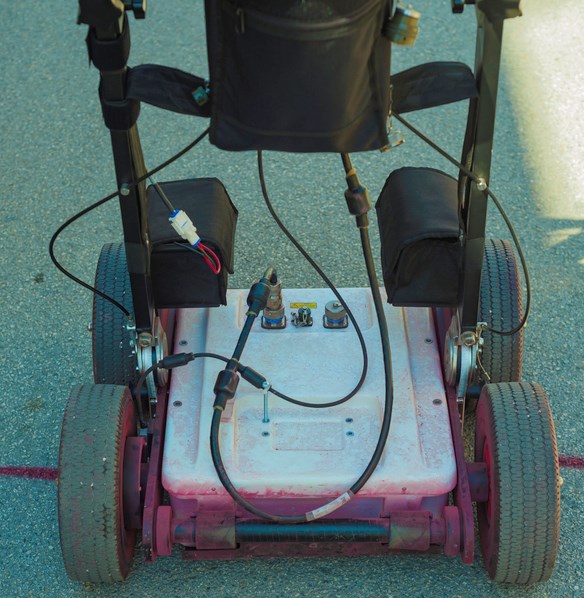Warning: Details in this story may be upsetting to readers.
Lac La Ronge Indian Band members are preparing to unearth the truth of the former Lac La Ronge Indian Residential School's possible unmarked graves.
Chief Tammy Cook-Searson said she expects several band members to attend this weekend's ground-penetrating radar search of a La Ronge cemetery associated with the school.
“From there we'll see how much more work needs to be done,” Cook-Searson said.
An Elder from the community has been clearing overgrowth from the site, preparing the way for SNC-Lavalin workers to search the area on Saturday and Sunday, she said.
A four-day sacred fire will be lit, followed by a ceremony and the blessing of search equipment on Friday. The searches are expected to take place from Saturday to Sunday, with Elders and support teams on site for those attending, according to the agenda of the proceedings.
The Lac La Ronge Indian Residential School ran from 1907 to 1947 under the management of the Anglican Church of Canada.
In 1920, the school burned for the first time, but was rebuilt with defective chimneys, green lumber and poor upkeep that made the building a hazard with no fire escapes, according to Shattering the Silence, a report by the University of Regina's faculty of education.
A 1925 inspection called the school's waste disposal “bad and very unhealthy” and noted it was “overflowing and lying on the surface of the ground evaporating, and when the wind (blew) from the east the smell from this quarter (was) awful.”
In 1937, a fatal outbreak of tuberculosis at the school led a visiting Indian Agent and doctor to call for separate accommodations for children with the disease, who were sleeping with uninfected peers. Overcrowding and poor diets were also common in the school's dormitories and classrooms.
“Children to have better food. At present-they only receive Irish Bread and lard, oatmeal in the mornings and a little peanut butter once a week,” the 1937 report in Shattering the Silence reads.
The University of Regina research says two boys set the fire that ultimately destroyed the school in 1947. The principal at the time called it the end of a “fire trap.”
Attempts to rebuild the school failed, and the children were moved to a former military complex near Prince Albert, according to the research.
Cook-Searson said her grandparents attended the school in La Ronge. After it was destroyed, she and her parents went to a residential school in Prince Albert.
This weekend's search of the school site follows similar work in Delmas, where survivors and families watched SNC-Lavalin probe the former school grounds earlier this month.
As she embarks on that process, Cook-Searson said Chief Cadmus Delorme of Cowessess First Nation, where 751 unmarked graves were found, has spoken with her about the process.
“It will impact people,” she said. “And it has.”
Resources are available for survivors and those seeking emotional support in the wake of recent events. The 24-hour Indian Residential School Crisis Line is 1-866-925-4419.




